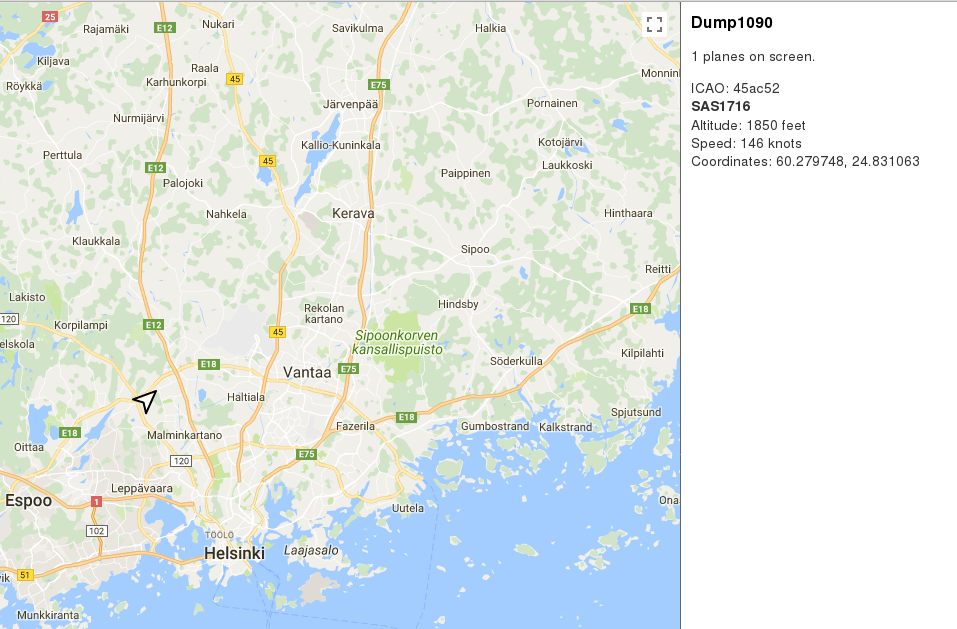If you have a bunch of machines running OpenBSD for firewalling purposes, which is pretty standard, you might start to use source-control to maintain the rulesets. You might go further, and use some kind of integration testing to deploy changes from your revision control system into production.
Of course before you deploy any pf.conf file you need to test that the file contents are valid/correct. If your integration system doesn't run on OpenBSD though you have a couple of choices:
- Run a test-job that SSH's to the live systems, and tests syntax.
- Via
pfctl -n -f /path/to/rules/pf.conf.
- Via
- Write a tool on your Linux hosts to parse and validate the rules.
I looked at this last year and got pretty far, but then got distracted. So the other day I picked it up again. It turns out that if you're patient it's not hard to use bison to generate some C code, then glue it together such that you can validate your firewall rules on a Linux system.
deagol ~/pf.ctl $ ./pfctl ./pf.conf
./pf.conf:298: macro 'undefined_variable' not defined
./pf.conf:298: syntax error
Unfortunately I had to remove quite a lot of code to get the tool to compile, which means that while some failures like that above are caught others are missed. The example above reads:
vlans="{vlan1,vlan2}"
..
pass out on $vlans proto udp from $undefined_variable
Unfortunately the following line does not raise an error:
pass out on vlan12 inet proto tcp from <unknown> to $http_server port {80,443}
That comes about because looking up the value of the table named unknown just silently fails. In slowly removing more and more code to make it compile I lost the ability to keep track of table definitions - both their names and their values - Thus the fetching of a table by name has become a NOP, and a bogus name will result in no error.
Now it is possible, with more care, that you could use a hashtable library, or similar, to simulate these things. But I kinda stalled, again.
(Similar things happen with fetching a proto by name, I just hardcoded inet, gre, icmp, icmp6, etc. Things that I'd actually use.)
Might be a fun project for somebody with some time anyway! Download the OpenBSD source, e.g. from a github mirror - yeah, yeah, but still. CVS? No thanks! - Then poke around beneath sbin/pfctl/. The main file you'll want to grab is parse.y, although you'll need to setup a bunch of headers too, and write yourself a Makefile. Here's a hint:
deagol ~/pf.ctl $ tree
.
├── inc
│ ├── net
│ │ └── pfvar.h
│ ├── queue.h
│ └── sys
│ ├── _null.h
│ ├── refcnt.h
│ └── tree.h
├── Makefile
├── parse.y
├── pf.conf
├── pfctl.h
├── pfctl_parser.h
└── y.tab.c
3 directories, 11 files
Tags: linux, openbsd, pf, pfctl 3 comments
